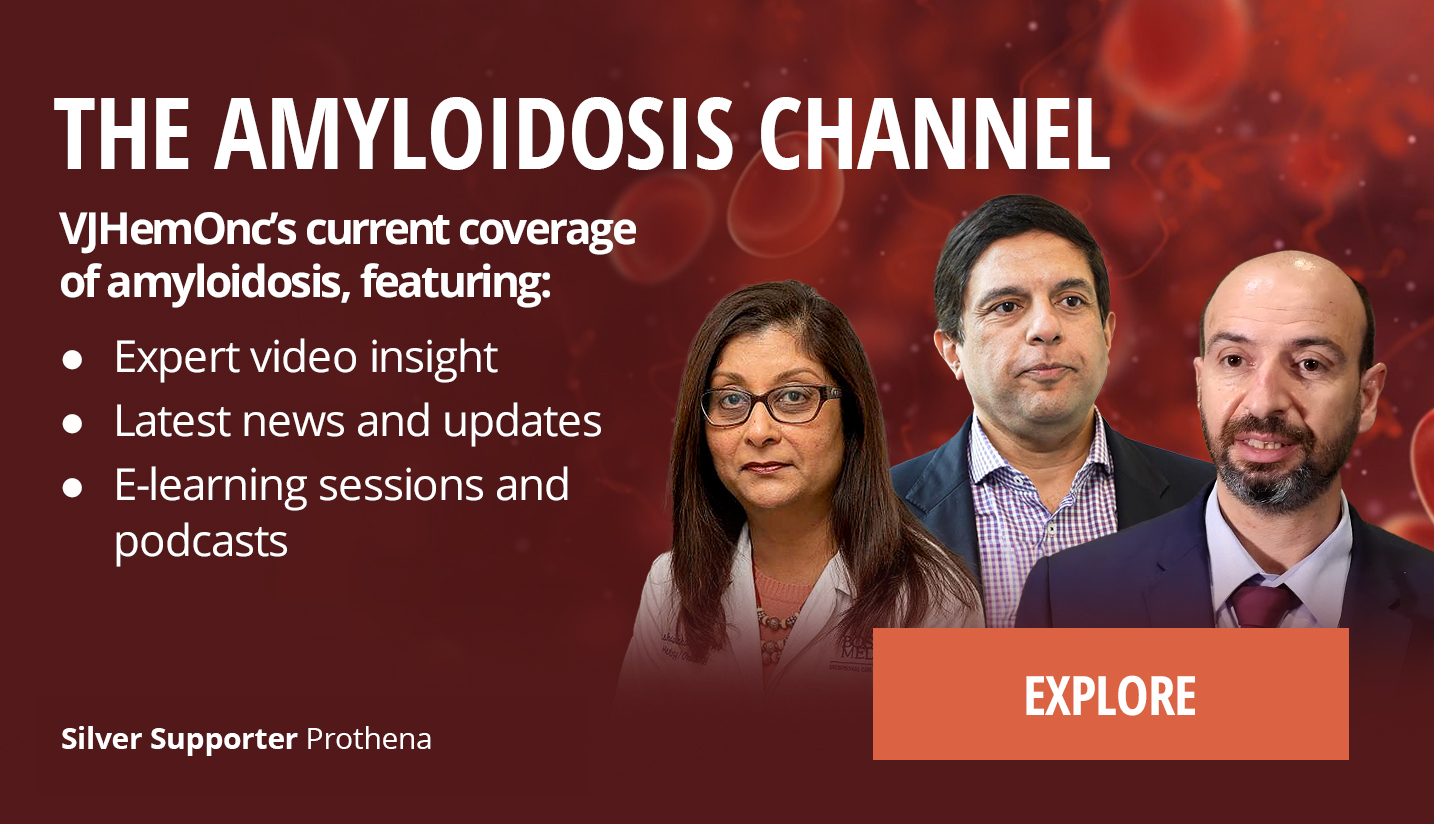Daratumumab-based first-line treatment has now been considered a standard of care because of the ANDROMEDA study which showed really excellent outcomes with CD38 therapy in the first-line setting and that really poses an excellent question as to if you progress early on after treatment what is the standard of care? And the answer is there is no standard of care, and really the way we think about treatment at this stage is are these patients early progressors, which is a really difficult unmet need because we really tend to use our best agents up front and then it’s a challenge to find appropriate agents at second line...
Daratumumab-based first-line treatment has now been considered a standard of care because of the ANDROMEDA study which showed really excellent outcomes with CD38 therapy in the first-line setting and that really poses an excellent question as to if you progress early on after treatment what is the standard of care? And the answer is there is no standard of care, and really the way we think about treatment at this stage is are these patients early progressors, which is a really difficult unmet need because we really tend to use our best agents up front and then it’s a challenge to find appropriate agents at second line. Of course, if patients have had a long remission afterwards, then we’re more comfortable with using second line therapies, which potentially we have had patients with good second-line outcomes.
We’re really hopeful with potential future therapies, including anti-fibrotic antibody therapies, which hopefully later in the year or in the next 12 months we’ll hear some more updates about. And I think potentially different classes of action of drugs will probably be required in these daratumumab-refractory patients. So maybe anti-fibrotic antibodies would be something to consider, potentially immuno kind of targeted drugs. We know there is some really early data on efficacy of bispecifics and other treatments in second line and third line and you know potentially these are things that we need to be thinking about in those who are kind of early progressors or refractory to daratumumab therapy. So really a challenging area and something that I think the community will be really working hard to address.
This transcript is AI-generated. While we strive for accuracy, please verify this copy with the video.















